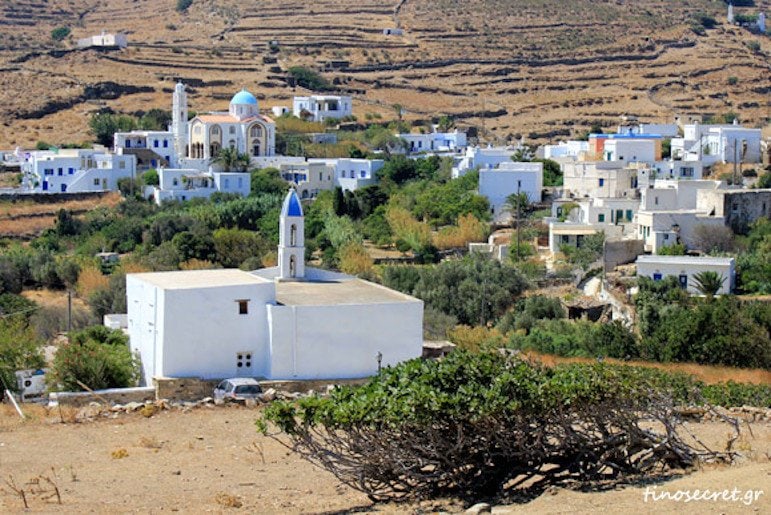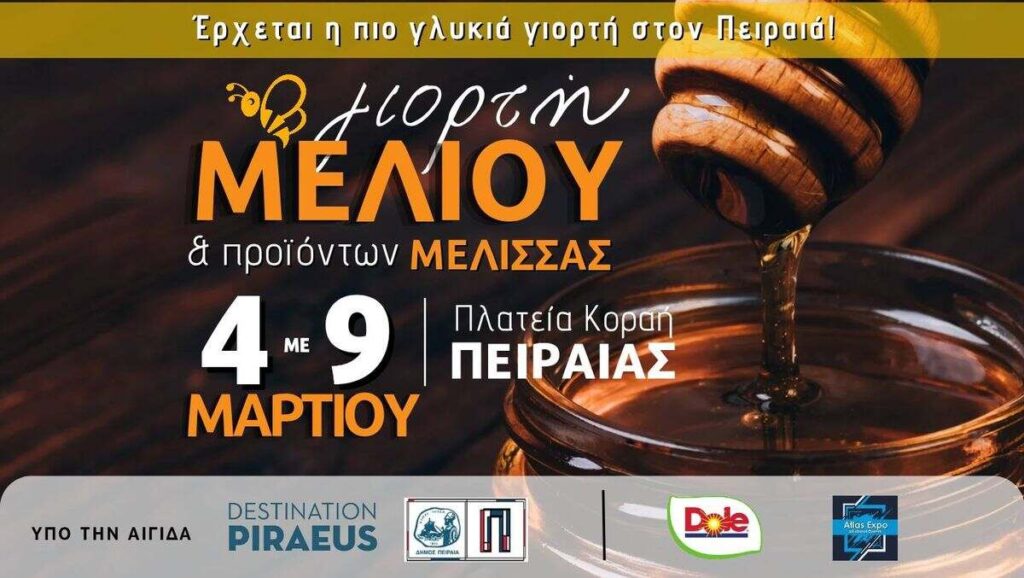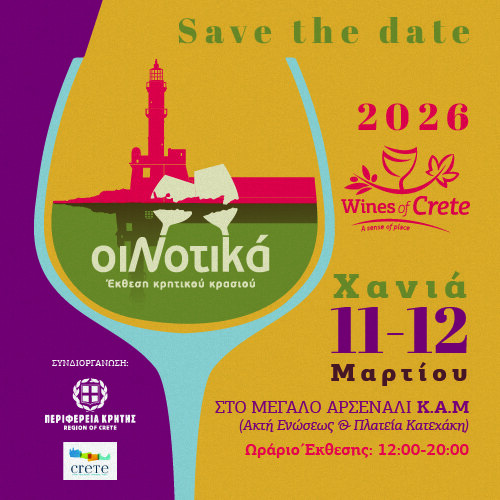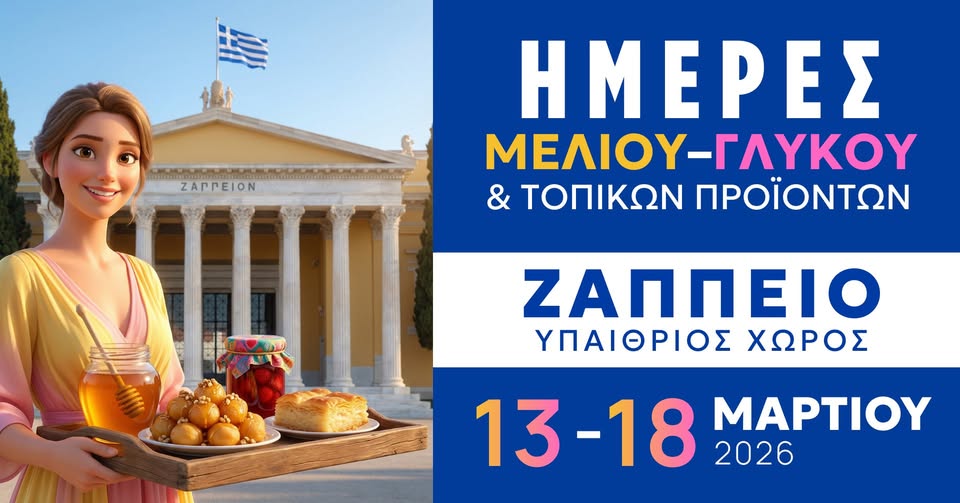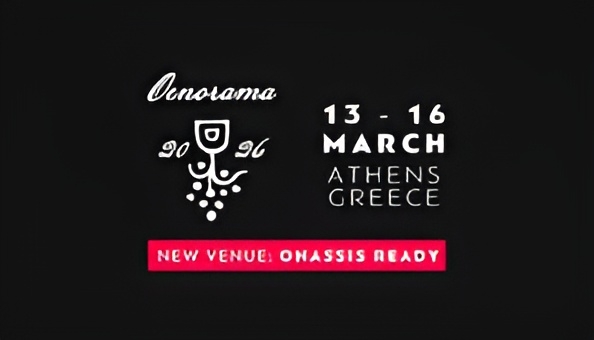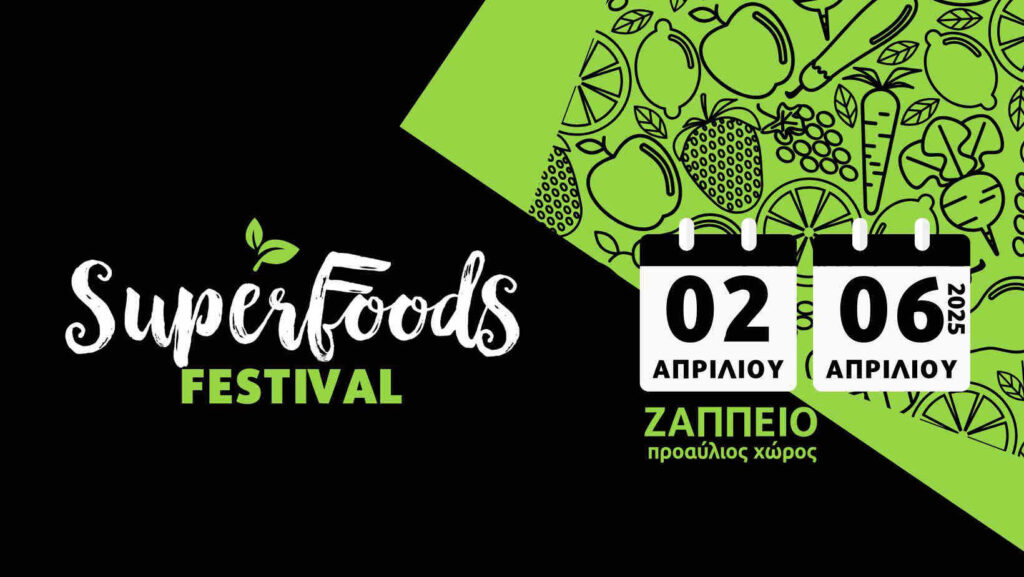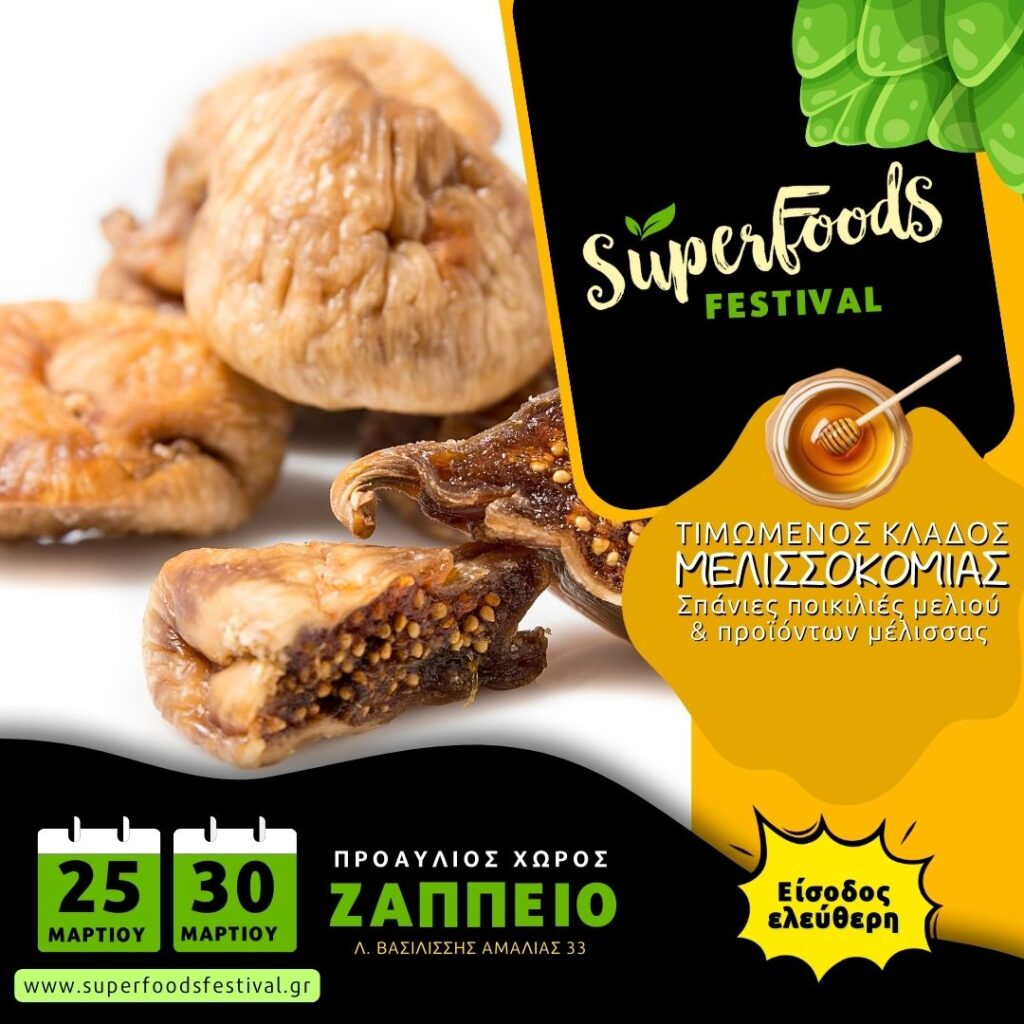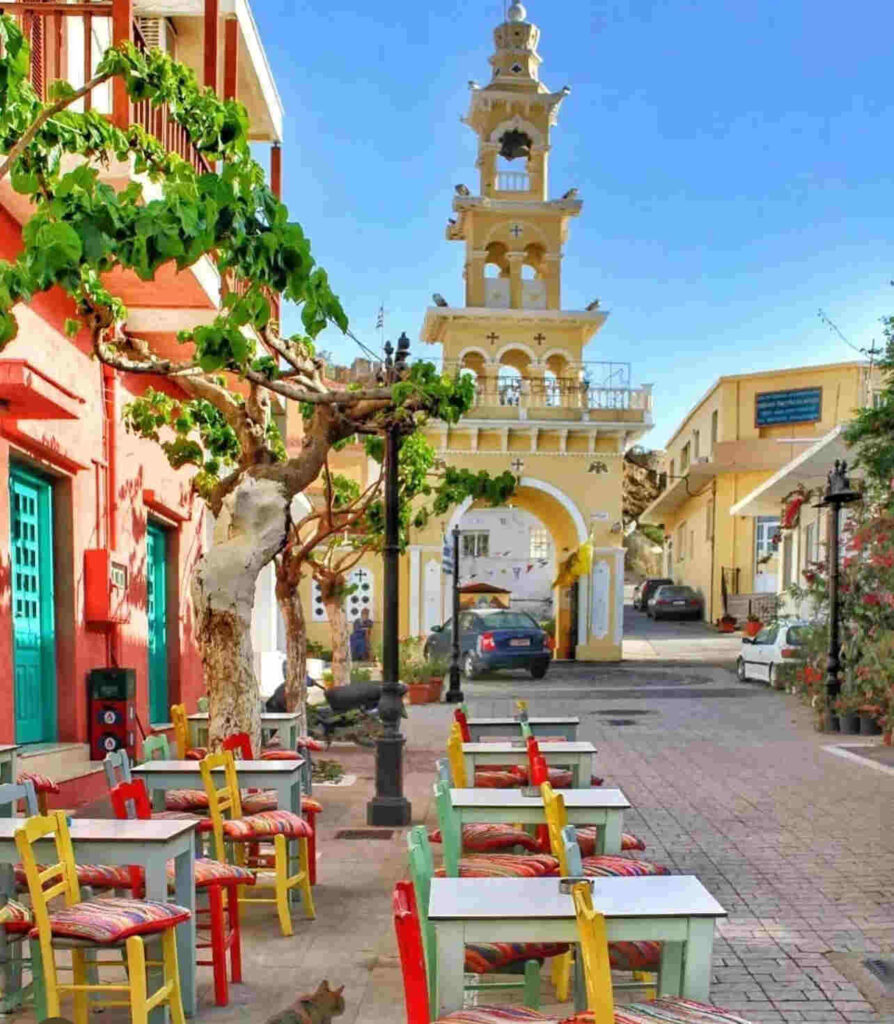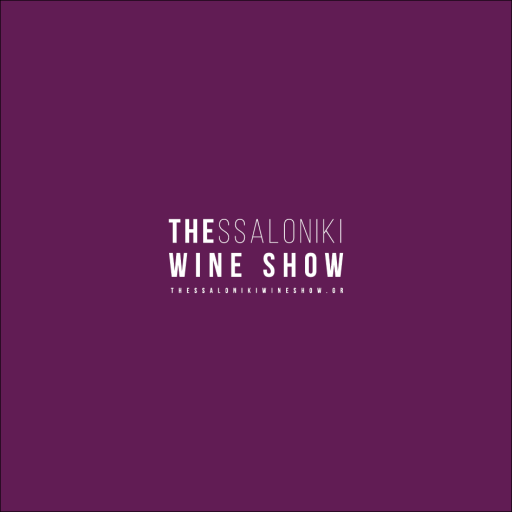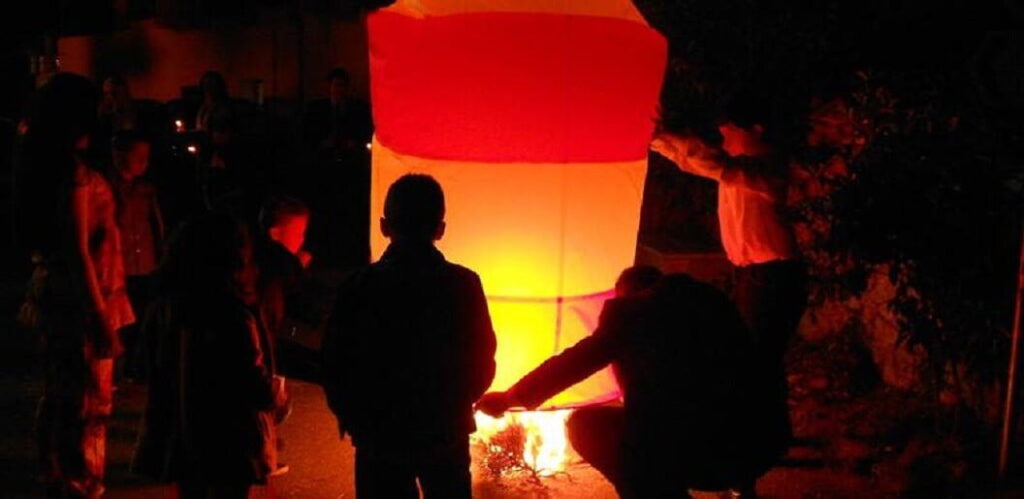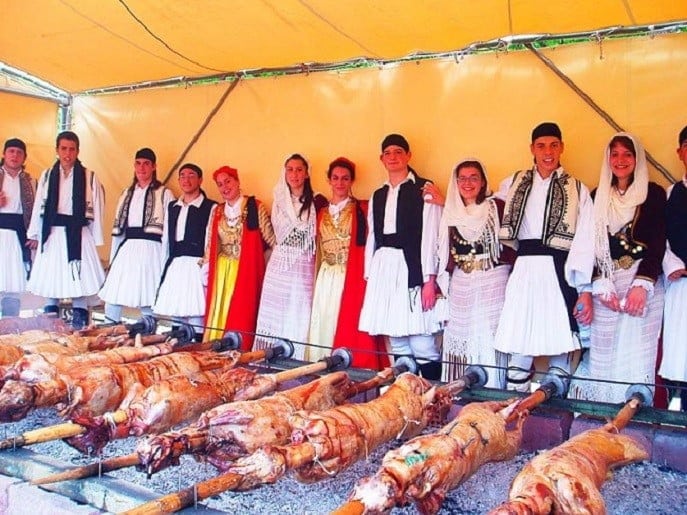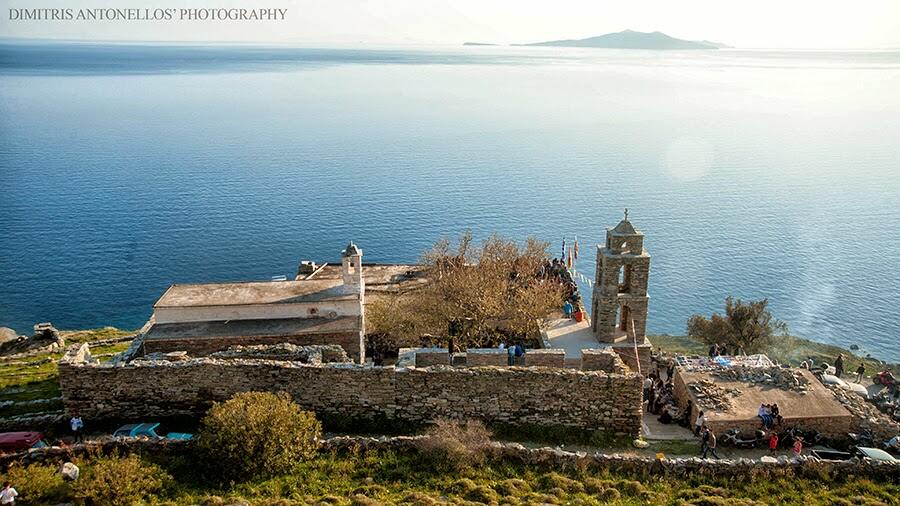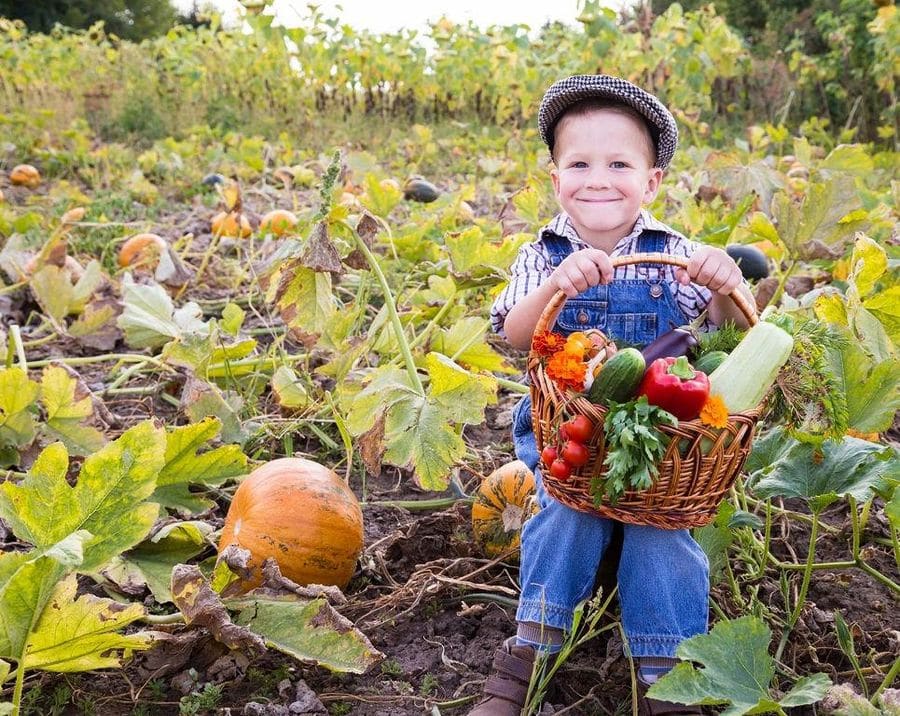A Celebration of Tradition and Hospitality
Tinos festivals are among the most vibrant and culturally rich events in the Cyclades, attracting visitors who want to experience authentic Greek island traditions. One of the most beloved celebrations is the Feast of the Cross in Ktikados, held every year on September 14th, the day of the Exaltation of the Holy Cross. This festival perfectly showcases the essence of Tinian culture, hospitality, and community life.
Ktikados: A Village at the Heart of Tinos Festivals
The village of Ktikados is a highlight for anyone exploring Tinos’ festivals and cultural events. Known for its Cycladic beauty and peaceful atmosphere, Ktikados features:
- Charming cobblestone alleys
- Traditional whitewashed houses with carved marble lintels
- Historic fountains and striking architectural details
- A pedestrian-only layout that preserves its tranquil character
At the entrance of the village lies the Catholic Church of the Holy Cross, considered one of the oldest churches on Tinos, with a bell tower dating back to the 12th century. The Orthodox Church of Ypapanti is also notable for its impressive marble craftsmanship. These sacred sites play a central role in the cultural heritage celebrated during many Tinos festivals.
The Feast of the Cross – A Signature Tinos Festival
The Feast of the Cross begins with a solemn liturgy on the morning of September 14th. In keeping with the long-held traditions of Tinos festivals, the church is meticulously whitewashed inside and out. Women of the village clean, decorate, and prepare the church with flowers, creating a warm and festive atmosphere.
Following the service, treats are offered in the church courtyard. Later, the celebration often shifts to the village square, where locals and visitors dance traditional balo and syrto to lively, violin-based island music—a hallmark of many Tinos festivals.
Open Homes and Genuine Tinian Hospitality
A distinctive feature of Tinian celebrations is the tradition of open homes, especially during religious festivals. Those celebrating their name day welcome guests into their homes, where beautifully set tables, local dishes, and homemade sweets are served. This warm hospitality is deeply connected to the identity of Tinos festivals and the island’s strong sense of community.
Guests can enjoy:
This open-hearted tradition offers visitors an unforgettable glimpse into the spirit of Tinos.
Taste of Tinos: Local Dishes Featured in the Festivals
Food plays a central role in almost all Tinos festivals, and the Feast of the Cross is no exception. Some of the island’s most iconic dishes include:
- Artichokes prepared in various traditional styles
- Sun-dried tomatoes in batter
- Froutalia (Tinian omelette)
- Pork sausages, saltsisi, and louza
- Fried fish with petimezi
- Graviera and Kopanisti cheeses
For dessert lovers, Tinos offers amygdalota, xerotigana, karidota, loukoumi, pasteli, and different types of halva. The island’s famous thyme honey is another staple linked closely to Tinos’ festivals and local gastronomy.
Discover the Heart of Tinos Through Its Festivals
The Feast of the Cross in Ktikados is more than a single event—it is a shining example of what makes Tinos festivals so special: sincere hospitality, deep-rooted traditions, joyous celebrations, and a strong sense of community.
For travellers seeking to explore authentic Greek island culture, Tinos’ festivals offer an unforgettable experience. Through music, food, faith, and warm local interactions, visitors can truly connect with Tinos’ soul.
Experience Tinos: A Cultural Celebration
Indicative program
Morning – Religious Events
The island is filled with vibrant traditions and a warm community spirit.
- 08:00 – 09:30: Festive Divine Liturgy at the Catholic Church of the Holy Cross.
Midday – Social Gathering
- 12:00 – 14:00: Traditional meal with meze (cheese pies, pasteli, xerotigana) and raki.
Afternoon/Evening – Celebration and Cultural Events
- 17:00 – 19:00: Traditional music and dancing in the village streets.
- 19:00 – 22:00: Large festival with music, dancing, and wine.
- 22:00 – …: End of celebration or continuation late into the night at local cafes.

